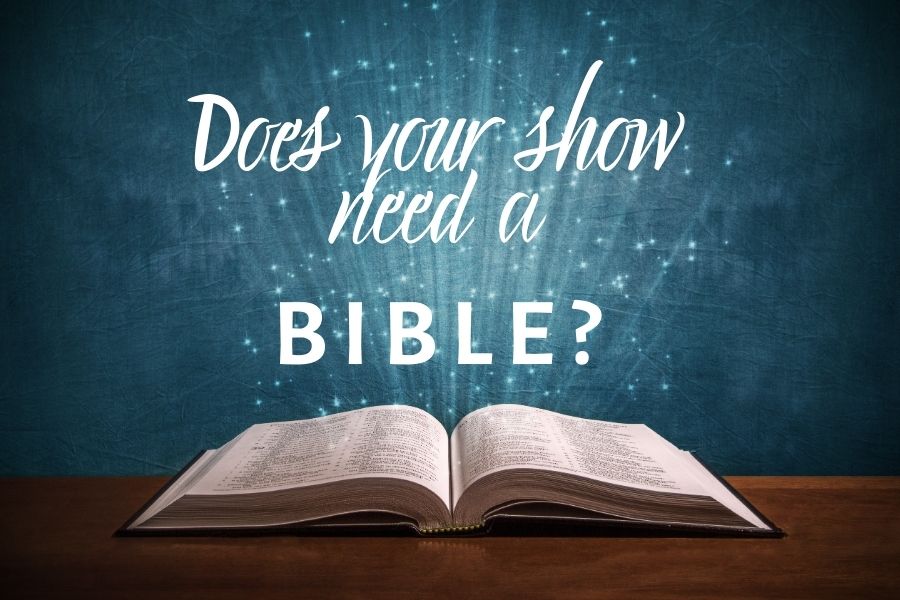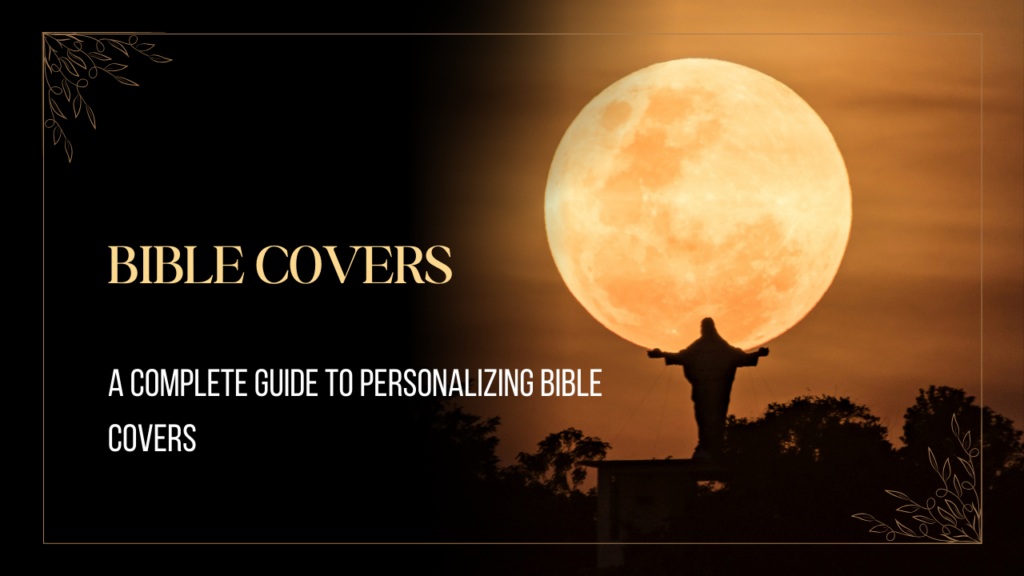Does It Reject or Accept Them?
The Bahá’í Belief in Progressive Revelation

Central to the Bahá’í understanding of religion is the concept of progressive revelation. According to this principle, God has revealed His will to humanity progressively through a series of messengers or “Manifestations of God,” including figures such as Abraham, Moses, Jesus, Muhammad, and more recently, Bahá’u’lláh. Each of these messengers brought teachings suited to the time and place of their appearance, guiding humanity toward greater spiritual and social maturity.
Are you also looking for Website Designing Company in Moti Nagar
From this perspective, the Bible and the Qur’án are both viewed as sacred texts that represent divine revelation. The Bible contains the teachings of earlier Manifestations of God, such as Moses and Jesus, while the Qur’án contains the teachings of Muhammad. Bahá’ís believe these texts have inspired countless individuals and civilizations, contributing to humanity’s spiritual and moral development.
The Bible in the Bahá’í Faith

The Bahá’í Faith recognizes the Bible, including both the Hebrew Bible (Old Testament) and the New Testament, as sacred scripture. Bahá’u’lláh and ‘Abdu’l-Bahá, his son and appointed interpreter, frequently quote from the Bible in their writings, affirming its divine origin.
However, the Bahá’í teachings also acknowledge that some parts of the Bible may have been altered or misunderstood over time. They emphasize the need to interpret these scriptures in a manner consistent with reason and the teachings of the current Manifestation of God. For instance, Bahá’ís often interpret biblical prophecies about the “return of Christ” as metaphors pointing to the advent of Bahá’u’lláh, rather than a literal second coming.
The Qur’án in the Bahá’í Faith
Similarly, the Bahá’í Faith views the Qur’án as the Word of God revealed through the Prophet Muhammad. Bahá’ís honor Muhammad as a Manifestation of God and recognize the Qur’án’s profound spiritual and social teachings.
Bahá’u’lláh and ‘Abdu’l-Bahá often reference the Qur’án in their writings, affirming its truths and emphasizing its role in guiding humanity during the era of Islam. Like the Bible, the Qur’án is seen as a vital link in the chain of divine revelation, building upon earlier messages and paving the way for future ones.
Acceptance, Not Rejection
Rather than rejecting the Bible or the Qur’án, the Bahá’í Faith embraces these scriptures as part of a unified spiritual heritage. Bahá’ís believe that all religions ultimately stem from the same divine source and share the same fundamental purpose: to guide humanity toward love, justice, and unity.
However, Bahá’ís also believe that the fullness of God’s will is revealed progressively. Just as the teachings of Jesus built upon the Mosaic Law, and the teachings of Muhammad elaborated upon Christian and Judaic teachings, Bahá’u’lláh’s revelation is seen as the next stage in this divine process. His writings offer guidance tailored to the needs and challenges of the modern era.
Unity of Religion
One of the core teachings of the Bahá’í Faith is the unity of all religions. Bahá’u’lláh wrote, “This is the changeless Faith of God, eternal in the past, eternal in the future.” From the Bahá’í perspective, the Bible and the Qur’án are integral to this eternal Faith. They are like chapters in a single divine book, each building upon the last while preparing humanity for the next stage of spiritual growth.
Conclusion
The Bahá’í Faith does not reject the Bible or the Qur’án. Instead, it affirms their divine origins and recognizes them as essential links in the chain of God’s revelation. Bahá’ís honor the teachings of both texts while viewing Bahá’u’lláh’s writings as the most recent expression of God’s will. This inclusive and respectful approach underscores the Bahá’í commitment to unity—among religions, cultures, and all of humanity.

